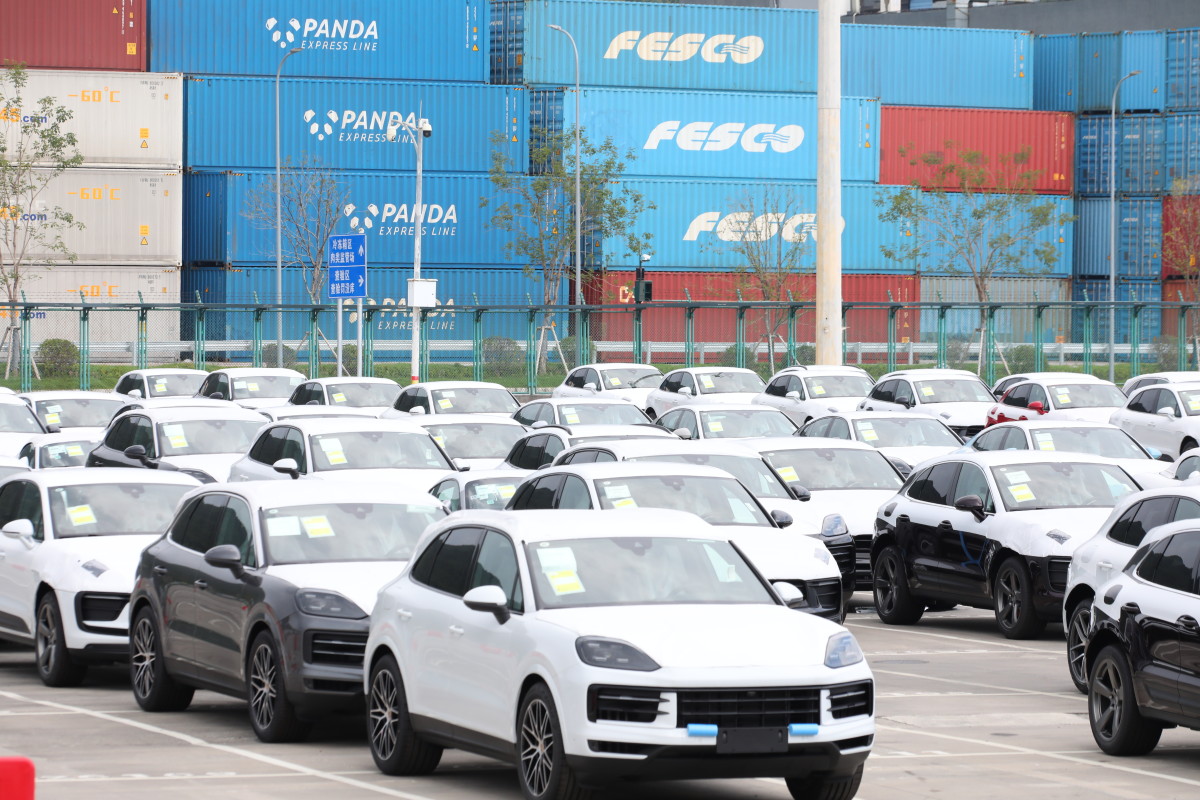The looming presence of Chinese electric vehicle (EV) manufacturers in the U.S. market represents a significant challenge for American automakers, as evidenced by the stark measures taken by Presidents Biden and Trump to restrict their entry. With brands like BYD and Geely capturing substantial market shares in Mexico and Europe, the urgency for traditional automakers to adapt is palpable. The Chinese automotive industry, bolstered by overcapacity and government support, is poised to export a projected 7.5 million vehicles this year, raising concerns about the competitive landscape in the U.S. As industry analysts warn, the barriers to entry may soon crumble, leading to a potential influx of affordable Chinese EVs that could disrupt the market dynamics and threaten established players.
The key takeaway is that the competitive advantage of Chinese manufacturers lies not only in their pricing strategies but also in their rapid development cycles and extensive production capabilities. With the average cost of new vehicles in the U.S. hovering around $50,000, the demand for lower-priced alternatives is growing, particularly among younger consumers who express a willingness to consider Chinese brands. As trade negotiations evolve, the possibility of reduced tariffs and the requirement for Chinese companies to invest in U.S. manufacturing could reshape the automotive landscape. This scenario underscores the imperative for American manufacturers to innovate and streamline their operations to remain relevant in an increasingly competitive environment.






